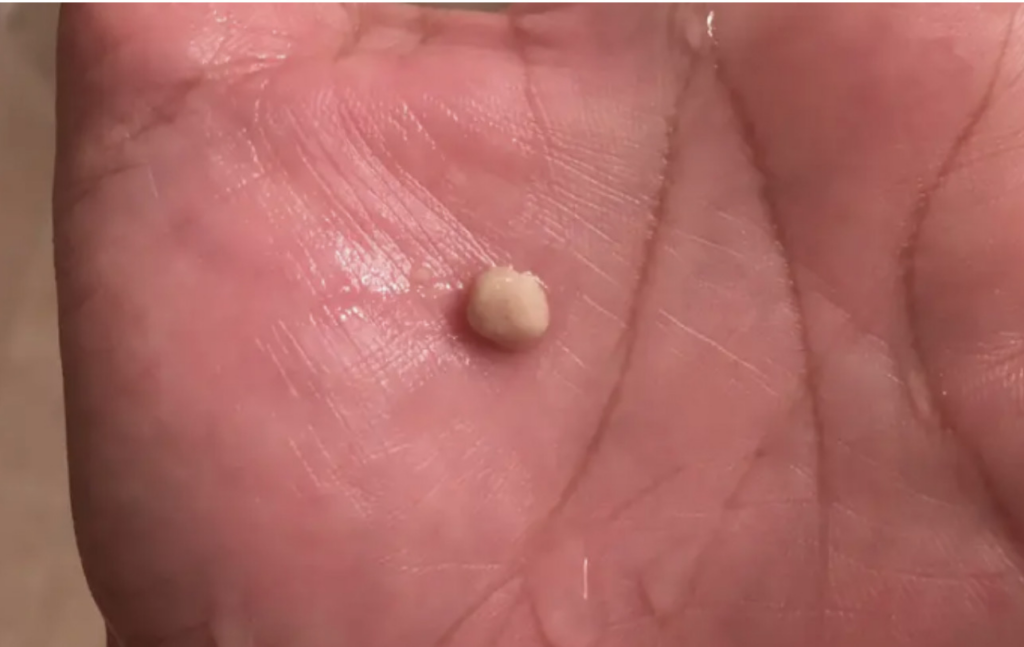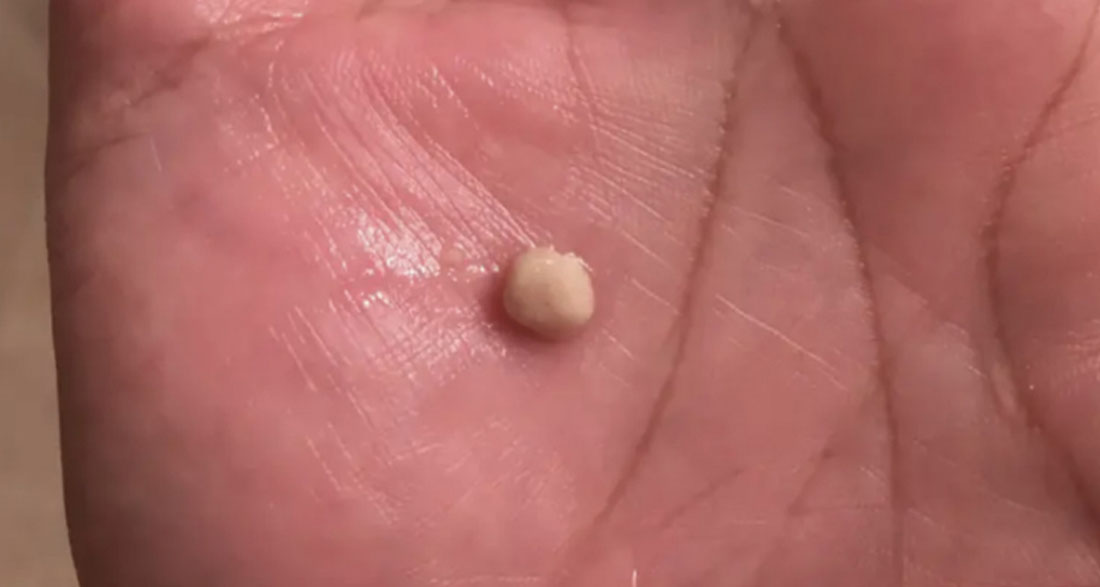Some people experience tonsilloliths, which are small, whitish-yellow formations that can develop in the crevices of their tonsils. These tiny stones might not be a serious health problem, but they can definitely be uncomfortable and cause unpleasant odors. In this article, we’ll dive into what causes tonsil stones, the symptoms to look out for, and the different treatment options available.
Tonsil stones are created when food particles get stuck in the tonsils and mix with bacteria and dead cells. Over time, this combination hardens into small stones. The good news is that tonsil stones can usually be easily removed by a dentist or doctor. While tonsil stones are most commonly seen in children and young adults, they can also appear in older individuals.

The symptoms of tonsil stones can vary depending on how big they are and where they’re located in the tonsils. Some common signs of tonsil stones include bad breath, a sore throat, difficulty swallowing, a metallic taste in your mouth, swollen tonsils, ear discomfort, and even a persistent cough. If you notice any of these signs, it’s a good idea to visit a healthcare professional to get a proper diagnosis.
Most of the time, identifying tonsil stones is pretty simple. A healthcare provider will likely start by asking about your medical history and performing a physical exam of your throat. They might also suggest other tests, such as imaging or a throat culture, to confirm the presence of tonsil stones and rule out other potential issues.
Treatment for tonsil stones depends on how large and troublesome they are. Some stones don’t need any treatment at all and might even fall out on their own. But if you’re dealing with pain or bad breath that just won’t go away, there are several treatment options to consider. These include self-removal techniques, medicated gargles, mouth irrigators, and, in some cases, surgery.
If you’re dealing with the discomfort of tonsil stones, there are a few home remedies that might help, along with medical care. Some people find relief by gargling with saltwater or apple cider vinegar. Staying well-hydrated and brushing and flossing your teeth regularly can also help keep your mouth clean and free from bacteria that could cause more stones.
To prevent tonsil stones from forming in the first place, it’s important to take good care of your oral health. Drink plenty of water, avoid smoking and drinking too much alcohol, and make sure to schedule regular check-ups with your doctor. Tonsil stones can be uncomfortable, but they’re generally not harmful. However, if you continue to experience bad breath or persistent symptoms, it’s a good idea to consult with a doctor to get the right diagnosis and treatment.
What do you think of the story? Share your thoughts in the comments below!














